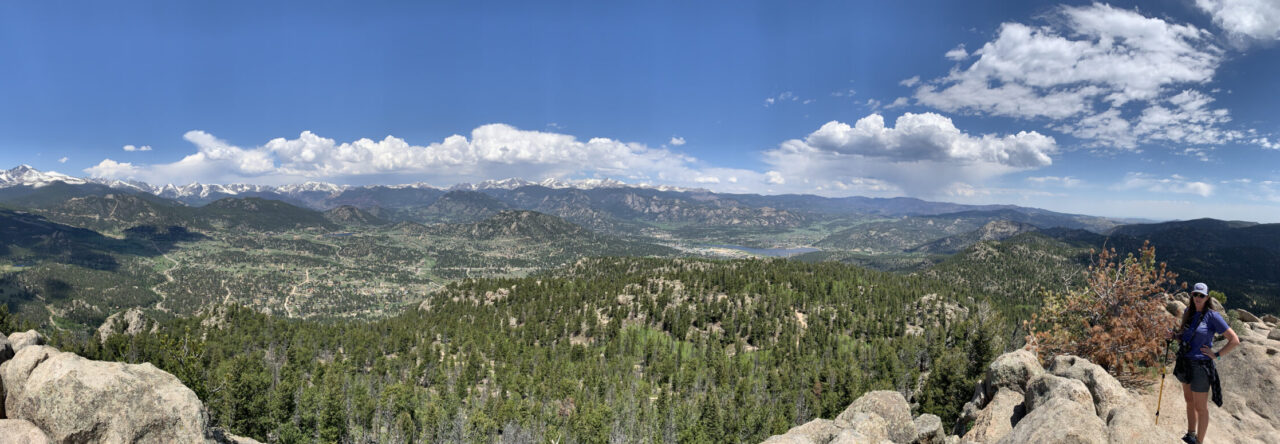 I’m reading The Moon by Night, a 1957 novel by Joy Packer, and there is a character, a native South African, who goes by the Americanized name Nimrod. I read that and was like, damn is this book racist. So racist! And, to be fair, it totally is. And xenophobic.
I’m reading The Moon by Night, a 1957 novel by Joy Packer, and there is a character, a native South African, who goes by the Americanized name Nimrod. I read that and was like, damn is this book racist. So racist! And, to be fair, it totally is. And xenophobic.
I’ve struggled to find novels set in Africa, though, and the way Packer describes the wilderness of South Africa is beautiful. So I’ve continued to read. (The book, which I bought at a used book sale from the library, also smells all musty and old, which is a definite added bonus.) After a while, two characters are discussing Nimrod and one tells the other that Nimrod selected the name himself. I thought that sounded pretty weird. Later, we learn that Nimrod is a pretty good name because of “Nimrod the Hunter.”
Nimrod the Hunter?
It turns out that Nimrod is referenced in the Bible as the great-grandson of Noah. The Bible says he was “a mighty hunter before the Lord.” So to call someone Nimrod is to call someone a great hunter.
There is (unsubstantiated but much cited) lore around the word that states that in a Bugs Bunny cartoon, Bugs sarcastically refers to his nemesis Elmer Fudd as a nimrod, and the meaning shifted. Forevermore. No longer is nimrod a compliment. I don’t know if that’s the real reason, but I like it if it is.
My book sis still racist. It’s still xenophobic. But it’s also teaching me a lot about South Africa and a little bit of etymology.


